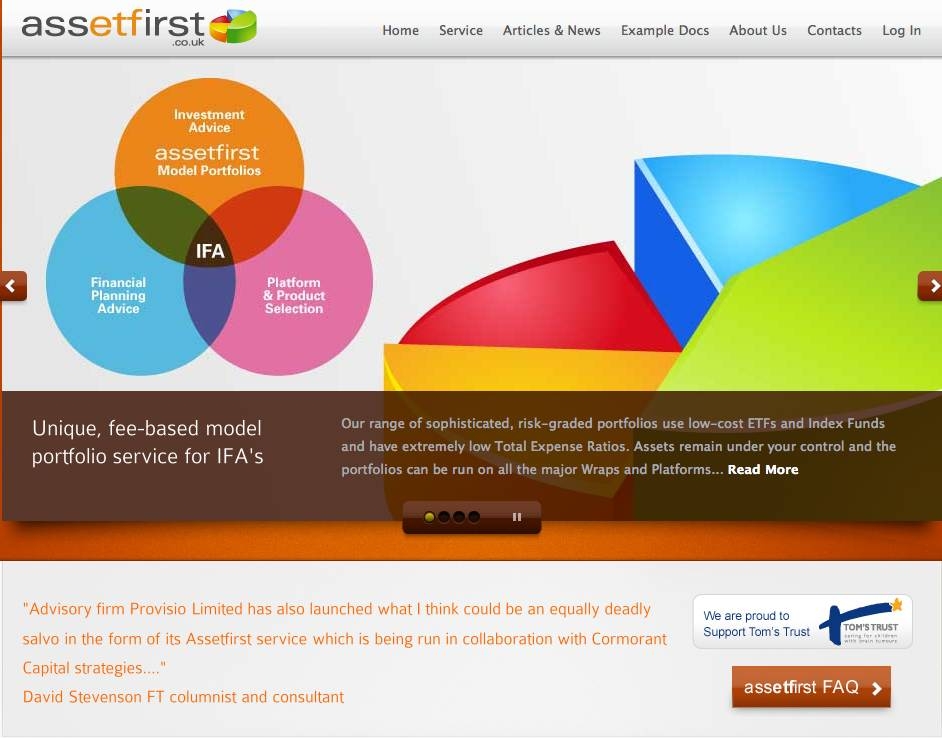Advisers should be wary of outsourcing work if they want to justify their fees to their clients post-RDR, says Andrew Whiteley from Assetfirst. Mr Whiteley said advisers must connect with their investment proposition and make sure they do not outsource too much of their involvement to a discretionary fund manager.
If advisers outsourced the investment management, it would be hard to justify fees to clients.
He said: "If clients see their advisers just passing the investment management over to a third party, with no input by them, clients are going to question what they are paying their advisers for. Advisers must do some work and implement strategies on the platforms they use.
"Some advisers seem to think that DFMs are a universal panacea when they aren't because the ultimate responsibility remains with the adviser, unless they have a written agreement with the client that they are abrogating all responsibility if it all goes wrong."
Mr Whiteley also questioned the amount of due diligence being done by advisers when selecting a DFM to use.
He said the best thing for advisers to do would be to use an insourcing asset allocation and stock expertise tool. This would make it easier for advisers to detail what they have been doing for their clients as they could demonstrate choosing funds, rebalancing portfolios and client meetings.
He ended by saying: "It's not right for advisers to be too removed from the investment process post-RDR. They can't take that risk. They have to get their hands dirty and do some of the work."

